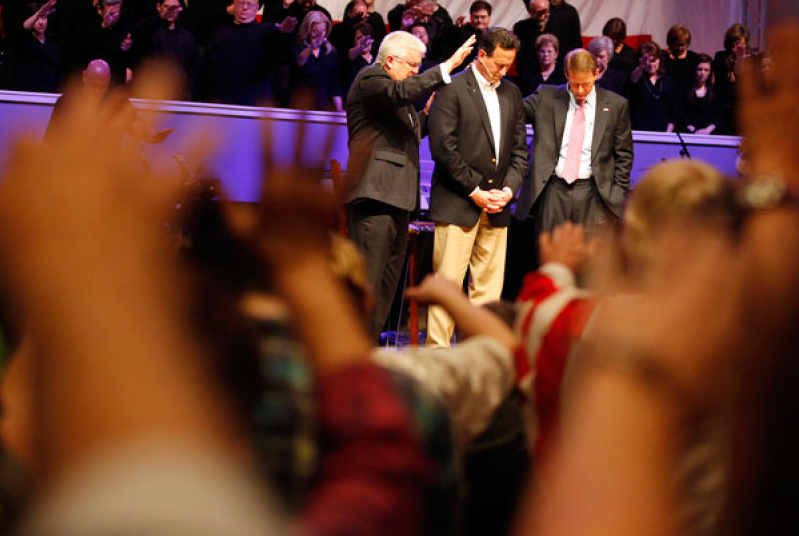
There are many Christians in the United States who rely on their faith in God in making decisions related to politics. However, columnist Regina Nippert argued that mixing Christianity and politics could end up killing the church altogether.
In a column published by The Hill, Nippert contended that Christian activism in political matters, which started in the early 1970s in the United States, is slowly killing off the church. She cited the decline of church attendance as an example since that period.
"Although correlation is not cause, the rise of Christian activism has been accompanied by a precipitous drop in church attendance," Nippert wrote. "Today, while 40 to 70 percent of Americans still self-identify as church-going, fewer than 20 percent are actually in church on any given Sunday."
During the 1970s, Nippert noted that "the Moral Majority was awakening, galvanizing conservative voters and using them to reverse the social reforms of the Great Society."
"With each election, the Religious Right's impact grew," Nippert wrote. "It convinced the Republican Party to drop support for the Equal Rights Amendment and killed Nixon's support for quality childcare for working parents."
Nippert then turned to the accomplishments of the "Contract with America," which was supported by conservative Republicans Newt Gingrich and Richard Armey back in 1994.
"It had used middle-class Christian voters to secure Republican Party control of both houses of Congress for the first time in 40 years, and its welfare reforms had cemented the vilification of America's poor," Nippert wrote.
Nippert contended that the "abuse of religion for political purposes" has negatively affected American politics for the worse. The fallout has also affected churches all across the country.
"The problem is, seekers cannot determine from the parking lot whether they'll be met inside with God's love or God's wrath. So they stay away," Nippert wrote.
Nippert acknowledged that when it came to Christianity, "our faith rightly informs our actions." However, she thought it was imperative to "remove religion from the political sphere."
"We must make it known that right wing demagoguery is not Christianity in action," Nippert wrote. "If we don't, Christianity may not survive the loud voices of a minority of its Christians."
According to Nippert, "both our democracy and our churches" are threatened if politics and Christianity continue to be mixed together. She ended her article with a quote from former President Jimmy Carter, who also worked as a Sunday school teacher and elder statesman.
"When a group of Christians try to implant through government our beliefs on others as superior, that subverts the basic constitutional prohibition concerning separation of church and state," Carter said. "And when we try to use the federal government to intercede in religious affairs, it inherently weakens the unique character of Christ's kingdom."






